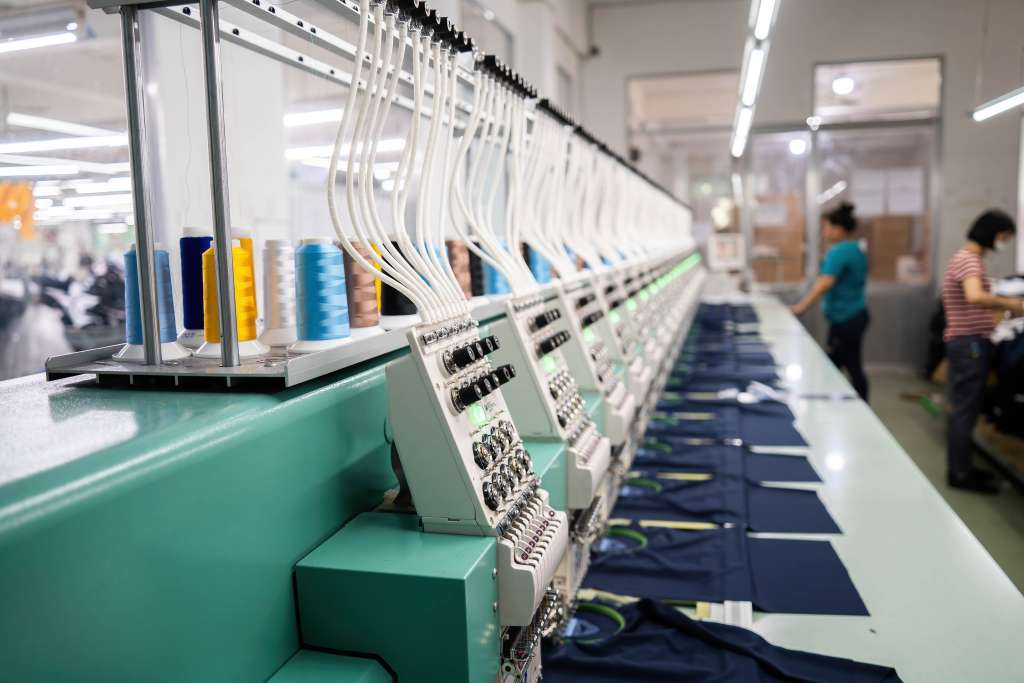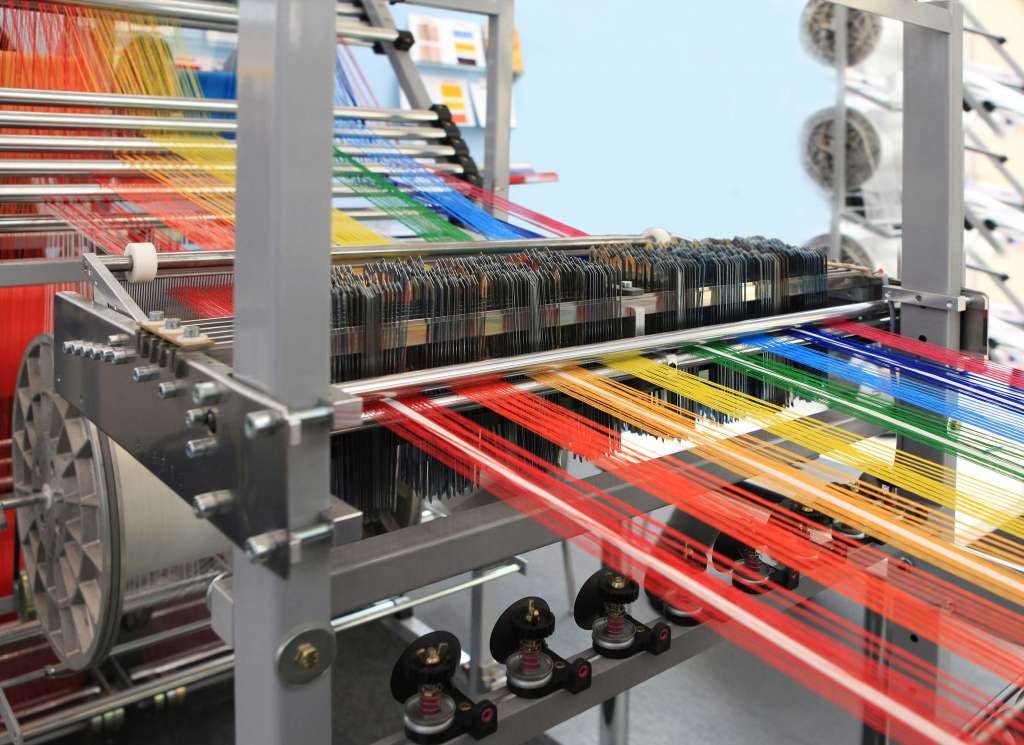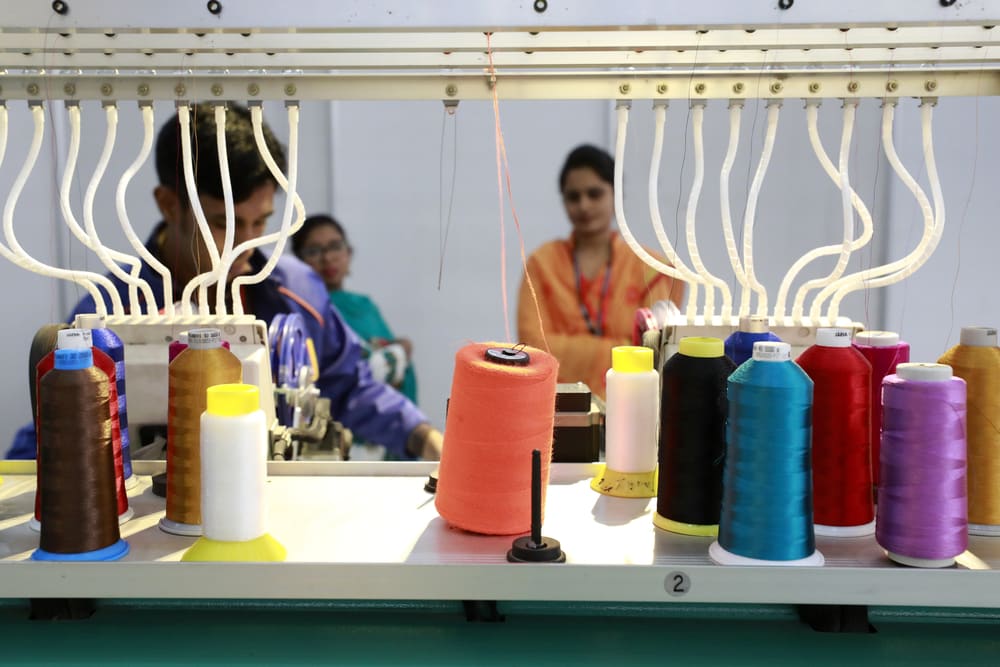A Guide to Pakistan's Apparel Sector (2022)



Pakistan, a country with a rich tradition of apparel and textile manufacturing, has emerged as the leading apparel sourcing destination on the global stage in recent years. Apparel manufacturing in Pakistan emerged in the post-independence period from British Rule in the 1950s. With decades of reforms and policies, the South Asian country has reached a respectable position in the global apparel industry with a positive future.
In this comprehensive guide on the apparel sector of Pakistan, we will explain the Pakistan apparel industry, market potential and other relevant information for easy reference with highlights of Textiles and Apparel Policy, 2020-25.
Features, Advantages and Current Situation of the Apparel Sector in Pakistan
Lower production cost
Cotton is a key raw material for the apparel industry. Pakistan ranks fifth in terms of cotton production globally after China, India, USA, and Brazil. With over 6.0 per cent (2019-20) of global cotton production, the local apparel industry of Pakistan can significantly lower its production cost.
Apparel production cost in Pakistan is lower than in China, India, and Bangladesh. Therefore, it is cost-effective for manufacturing units and businesses.
Leading Exporter, Consumer, and Producer
The growing apparel industry of Pakistan is the third highest consumer of cotton, second largest yarn exporter, third-largest yarn producer, and third-biggest cloth exporter.
Skilled and Cheap Labor
Pakistan has a population of over 22 crores. A large segment of its population consists of young people under 34. With government skill training programs and private sector contributions, the apparel industry benefits from skilled labor available at cheaper rates compared to neighboring countries.
Strong Supply Chain and Leading Companies
With an abundance of cotton and a skilled workforce, Pakistan provides a strong supply chain to the global fashion industry. The apparel sector enjoys pivotal recognition in Pakistan's economy with intensive forward and backward linkages.
The industry supports more than one crore farmers. This linking of agriculture to the industry makes the Pakistan apparel industry unique. The supply chain of apparel manufacturing encompasses ginning, spinning, weaving, knitting, processing, and finishing to apparel and home textile.
Leading Apparel Manufacturers of Pakistan
- Zaib Textile Group-Faisalabad
- Faizal Clothing Mills-Muzaffargarh, Registered on Karachi and Lahore stock exchanges
- Rainbow Textile-Karachi
- Nishat Mills Ltd.-Lahore
- Capital Spinning Mills Ltd-Raiwind
Apparel manufacturers of Pakistan are leading employment generators in the country. They are also the highest foreign exchange earners.

Leading Employment Generator
The apparel sector of Pakistan provides the second-highest employment opportunities for Pakistanis. It constitutes 38 per cent of the total manufacturing workforce.
The sector employs more than 15 million people and varies according to province and region.
Our analysis indicates that Pakistan offers perfect conditions for a vibrant apparel industry and a much deserved pole position on a global footing.
Duty-free access to the EU import market under the Generalised Scheme of Preferences
The European Union is the second-largest trading partner of Pakistan. Their trade relations are managed under the Cooperation Agreement from 2002 and EU-Pakistan 5 Year Engagement Plan 2012.
The EU constitutes over 28 per cent of Pakistan's exports and 14.3 per cent of total trade. Under the EU Generalised Scheme of Preferences (GSP), effective from 1st January 2014, Pakistan enjoys generous tariff benefits on most of its product categories.
Benefits of GSP +
- Over 78 per cent of exports from Pakistan come to the EU at preferential rates.
- More than 80 per cent comprises apparel and textile products.
Textiles and Apparel Policy 2020-25
The ambitious Textiles and Apparel Policy (TAP) floated by the Pakistan government aims to boost exports and make Pakistan the leading apparel sourcing point of operations in manufacturing and supply chains globally.

Key Features of TAP:
- Capacity Building through technology up-gradation, review of LTFF scheme of SBP, knowledge & technology support from international players.
- Infrastructure boost through new garment cities for SMEs. The Government will develop state of the art plug & play buildings beyond major apparel cities Hyderabad, Sialkot, Sahiwal, and Multan.
- Apparel and textile expo centers in Sialkot and Multan. These will cover Bahawalpur and Gujranwala industrial areas.
- Promotion of Apparel and Textile through digital marketing.
- The Textile Wing of the Ministry of Commerce will develop an E-commerce Facilitation Portal for SMEs to showcase their products and expand their market reach.
- Integration with the Global Value Chain. Strengthening local value chain through technologically advanced warehouses, networking, apparel sourcing, and e-commerce.
- DLTL or DDT schemes for a proactive approach towards the fourth industrial revolution with technical textiles.
- Focus on research and development for the undeveloped sectors of the Pakistan apparel industry.
- Optimizing operational cost, taxation and tariff regime.
- Sector-specific initiatives to strengthen the supply value chain. The government has said the chief focus areas are: Cotton, Manmade Fibers, Natural Fibers, Ginning, Spinning, Knitting, Weaving, Processing, Home Textiles, Technical Textiles, Carpets, and Handicrafts.
- Human resource development with aim of creating a more gender-inclusive workplace, increasing women participation, upskilling and training for labors, etc.
- Strengthen Trade Dispute Resolution Organization, Textile and Apparel Associations, and support to mitigate Covid-19 impact.
Conclusion
With a new government in place and ambitious apparel policies, the future of Pakistan's apparel and textile sector looks stable and positive for the 2020s. The country will likely maintain its pole position as an textile manufacturing and apparel sourcing destination.
Join Fashinza to receive more industry and country-specific reports such as this one. We can also link you up with our partner brands in the Pakistan apparel industry.
Reference Links



















